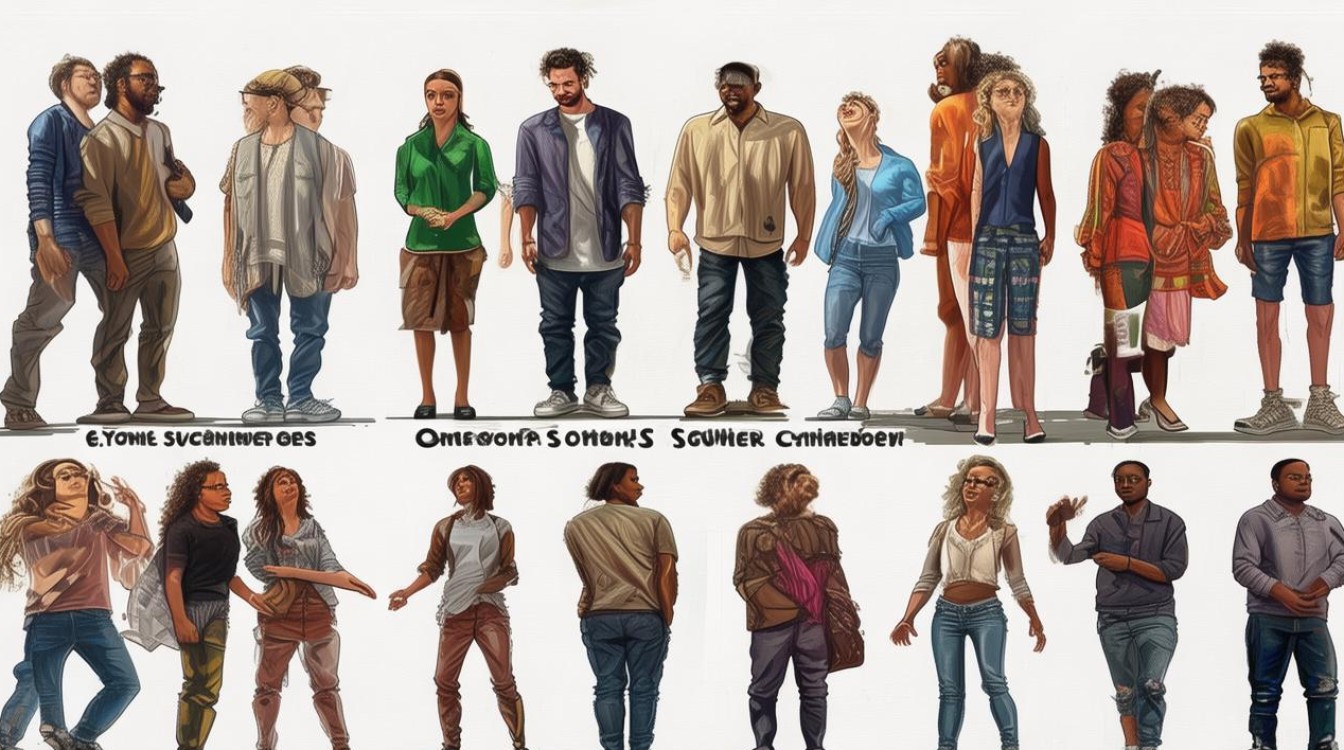Meeting someone at the airport, train station, or a designated spot is a common social interaction, yet many non-native English speakers struggle with the right phrases. Whether you're welcoming a friend, colleague, or family member, using appropriate English expressions ensures smooth communication. This guide covers essential vocabulary, polite phrases, and cultural nuances to help you confidently handle pick-up situations.

Essential Vocabulary for Picking Someone Up
Before diving into conversations, familiarize yourself with key terms:
- Pick up (Phrasal Verb) – To collect someone from a location.
Example: "I’ll pick you up at 3 PM." - Drop off – The opposite of "pick up"; to take someone to a place.
Example: "Can you drop me off at the hotel?" - Arrival Hall/Terminal – Common meeting points at airports.
- ETA (Estimated Time of Arrival) – The expected arrival time.
- Delayed – When a flight or train is late.
Common Scenarios and Useful Phrases
Confirming Pick-Up Details
Clarity prevents misunderstandings. Use these phrases to confirm logistics:
- "What time does your flight arrive?"
- "Which terminal should I meet you at?"
- "I’ll be waiting near the arrivals gate."
- "Text me when you land."
If you’re running late:
- "Sorry, I’m stuck in traffic. I’ll be there in 20 minutes."
At the Meeting Point
When you spot the person, a warm greeting sets a positive tone:

- "Great to see you! How was your trip?"
- "Did you have a smooth flight?"
- "Let me help with your luggage."
If you don’t recognize them immediately:
- "Excuse me, are you [Name]?"
Offering Assistance
Many travelers appreciate small gestures:
- "Would you like to stop for coffee before we go?"
- "Do you need to exchange currency?"
- "I can take you straight to your hotel if you’re tired."
Cultural Considerations
Picking someone up isn’t just about language—it’s also about etiquette:
- Punctuality matters. Being late without notice can cause stress.
- Read the person’s mood. If they seem exhausted, skip lengthy small talk.
- In some cultures, a light hug is acceptable; in others, a handshake is safer.
Handling Delays or Changes
Travel plans often shift. Stay calm and communicate clearly:

- "Bad news—my flight’s delayed by two hours."
- "No worries, I’ll adjust my schedule. Send me your new ETA."
If you can’t make it:
- "Something urgent came up. Can you take a taxi? I’ll cover the cost."
Practice Dialogues
Dialogue 1: Airport Pick-Up
You: "Hi! Over here! How was the flight?"
Traveler: "Long but comfortable. Thanks for coming!"
You: "No problem. Let’s grab your bags and head out."
Dialogue 2: Train Station Meeting
You: "Excuse me, are you Mr. Smith? I’m here from ABC Company."
Traveler: "Yes, nice to meet you."
You: "Perfect. The car’s just outside. Need help with your suitcase?"
Mistakes to Avoid
- Assuming familiarity. Unless you know the person well, avoid slang like "Hey dude."
- Ignoring messages. If the traveler texts updates, acknowledge them promptly.
- Overloading questions. Don’t bombard someone with queries right after a tiring journey.
Mastering these phrases and tips ensures smooth, stress-free pick-ups. Whether for business or personal reasons, clear communication makes a lasting impression. Next time you’re tasked with meeting someone, you’ll handle it with confidence and ease.

Polite, precise language bridges gaps and fosters positive connections. Keep practicing, and soon, these interactions will feel natural.

